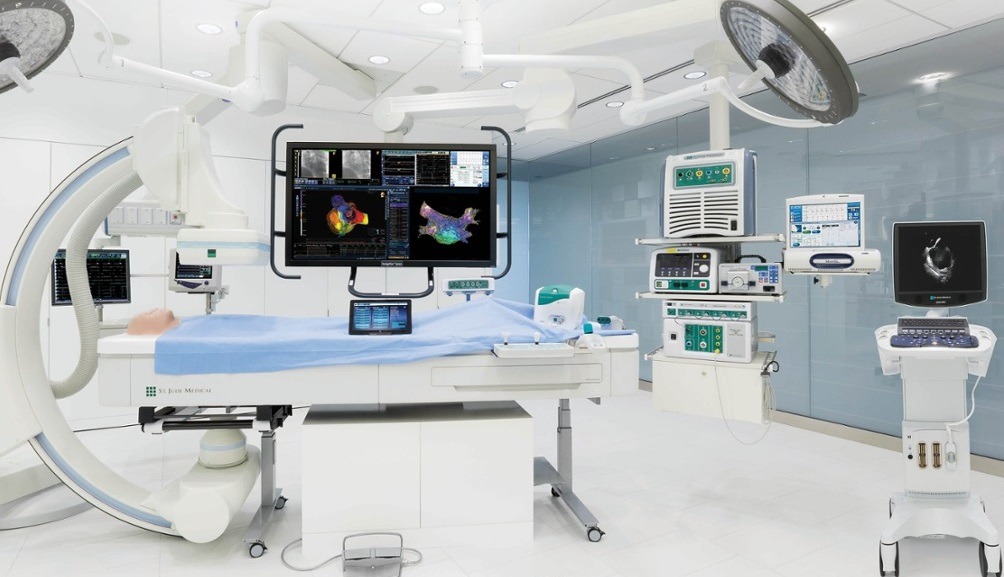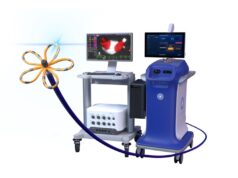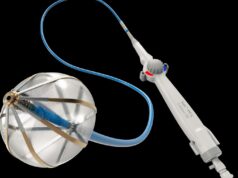
St Jude Medical has announced the US Food and Drug Administration (FDA) clearance of its EnSite Precision cardiac mapping system and Advisor FL circular mapping catheter, Sensor Enabled.
The new EnSite Precision cardiac mapping system is the latest addition to the company’s electrophysiology portfolio, and is designed to provide automation, flexibility and precision in cardiac mapping during the treatment of patients with cardiac arrhythmias. The system received CE mark in January 2016.
According to a press release, the EnSite Precision system offers a new dual-technology platform that provides highly detailed anatomical models and maps to enable more efficient treatment of a wide range of arrhythmias—including complex arrhythmias, such as atrial fibrillation or ventricular tachycardia.
“The new EnSite Precision cardiac mapping system allows more mapping data to be collected in a shorter amount of time compared to today’s technologies,” says John Day, medical director of the Intermountain Heart Rhythm Specialists at the Intermountain Medical Center Heart Institute in Salt Lake City, USA, who is set to perform the first case in the country. “We look forward to implementing the EnSite Precision cardiac mapping system and the new St Jude Medical Sensor Enabled tools to help guide therapy and provide expanded procedural options to tailor care for patients in simple to complex ablation scenarios, as well as deliver a new level of accuracy and speed in our procedures.”
The EnSite Precision cardiac mapping system is based on the St Jude Medical EnSite Velocity cardiac mapping system, which is utilised in more than 2,000 electrophysiology labs globally. The EnSite Precision system introduces new solutions, including the EnSite AutoMap module, which is designed to enable the electrophysiologist to more quickly perform morphology matching. The EnSite AutoMap module includes the new TurboMap feature, which is intended to allow the physician to build a map of the heart 10 times faster than current systems using recorded data. St Jude Medical expects this technology to be a new standard for patients experiencing arrhythmias from multiple origins in the heart.









